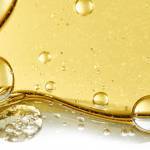Digestive/GI
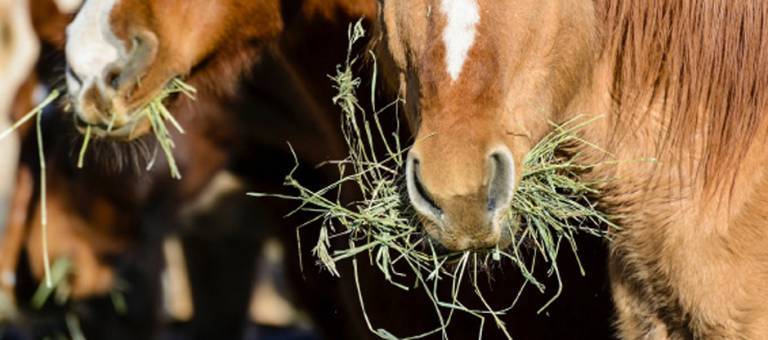
November 22, 2011
Saliva Production and Function in the Horse
Like humans, horses produce saliva primarily to moisten and soften food, which in turn eases its passage from the
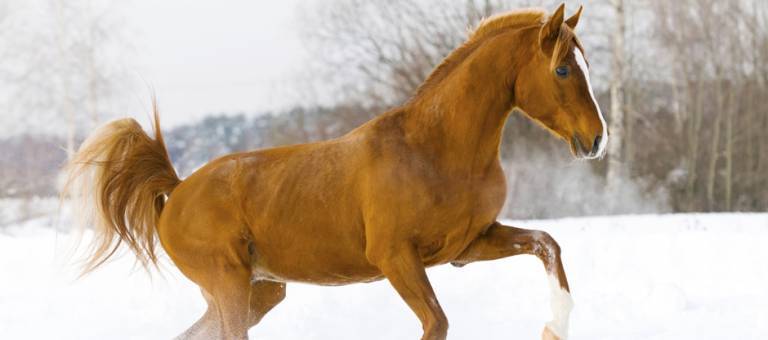
November 10, 2011
The Role of Weather in Colic
Several researchers have attempted to find a correlation between weather and incidence of colic, though evidence is not conclusive.

November 02, 2011
Recent Colic Research Update
Using ultrasound measurements of intestinal motility, researchers compared horses at pasture with stabled horses that were on a forage-based
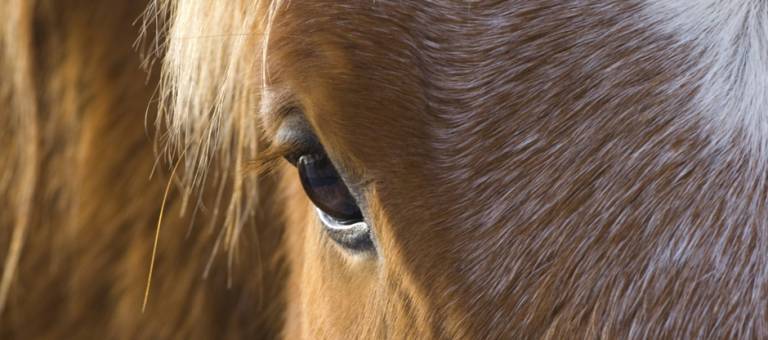
October 05, 2011
Digestibility in Aged Horses
Little research has been performed to determine the differences in nutrient digestibility in aged horses as compared to adult
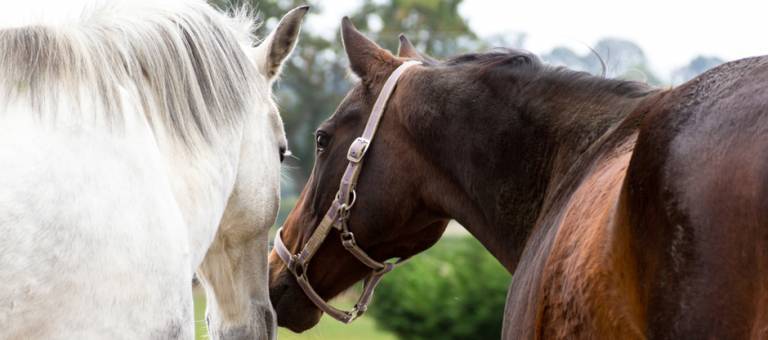
October 03, 2011
Unusual Jaw Conformation in Horses
The most common jaw deformity is parrot mouth, in which the maxilla (upper jaw) extends beyond the mandible (lower
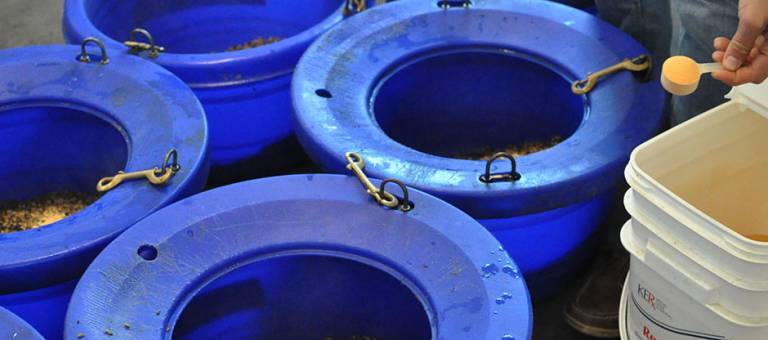
July 22, 2011
General Rules of Equine Nutritional Management
Although equine nutritionists have advanced the science of feeding horses, appropriately nourishing your horse is not meant to be
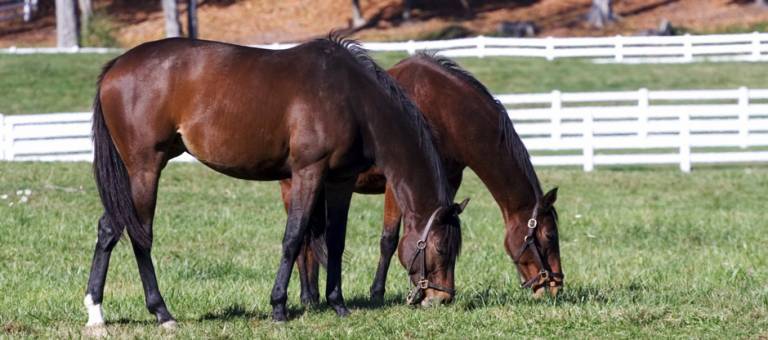
May 10, 2011
Gastrointestinal Tract Health for Top Performance in Horses
A thorough understanding of the equine gastrointestinal tract will enhance your knowledge of digestion and will help you get
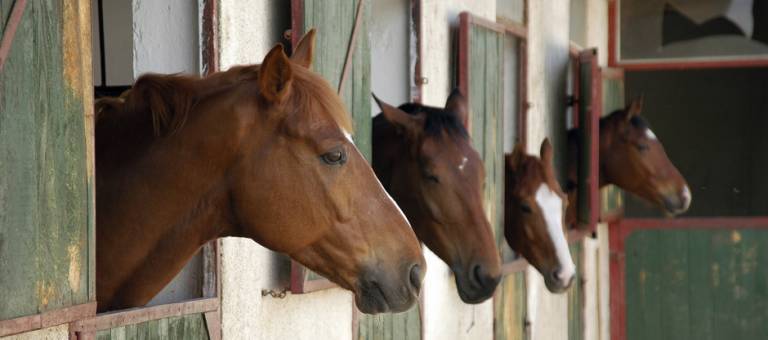
April 25, 2011
Feeding Horses with Gastrointestinal Disorders
Difficult or painful swallowing can reduce feed intake in horses. Some causes of swallowing difficulty include obstruction from abscesses
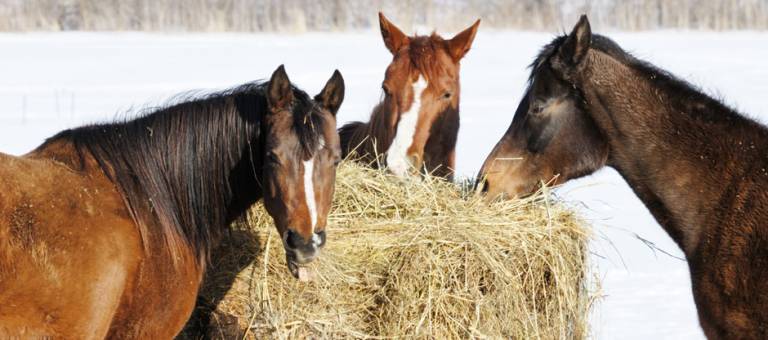
March 24, 2011
Fiber: An Important Component in Equine Nutrition
The horse’s digestive tract is designed to handle lots of fiber and thrives best if it has a variety
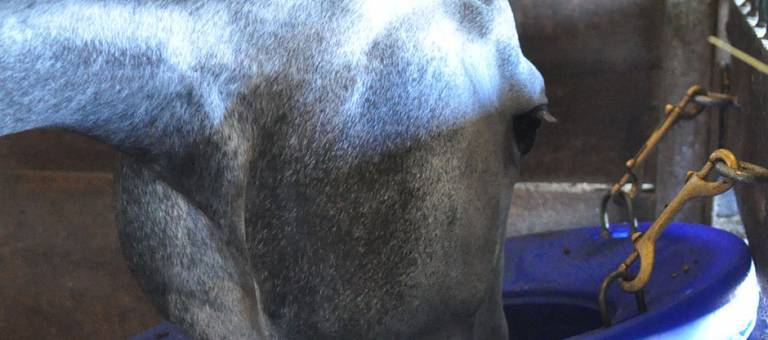
March 23, 2011
Feeding a Horse Recovering from Colic
How to feed a horse after it has colicked depends largely on where the colic occurred—in the small or







